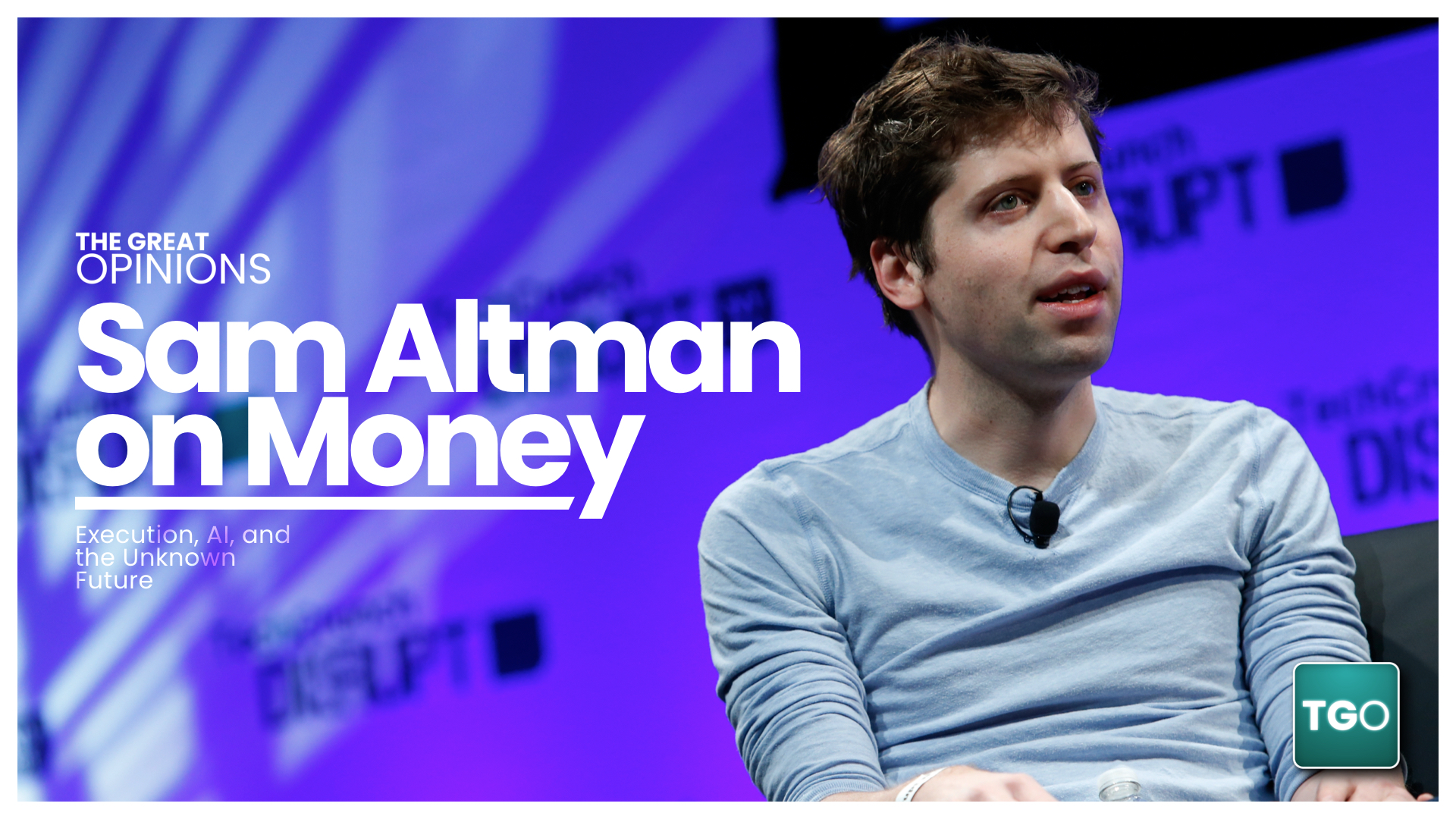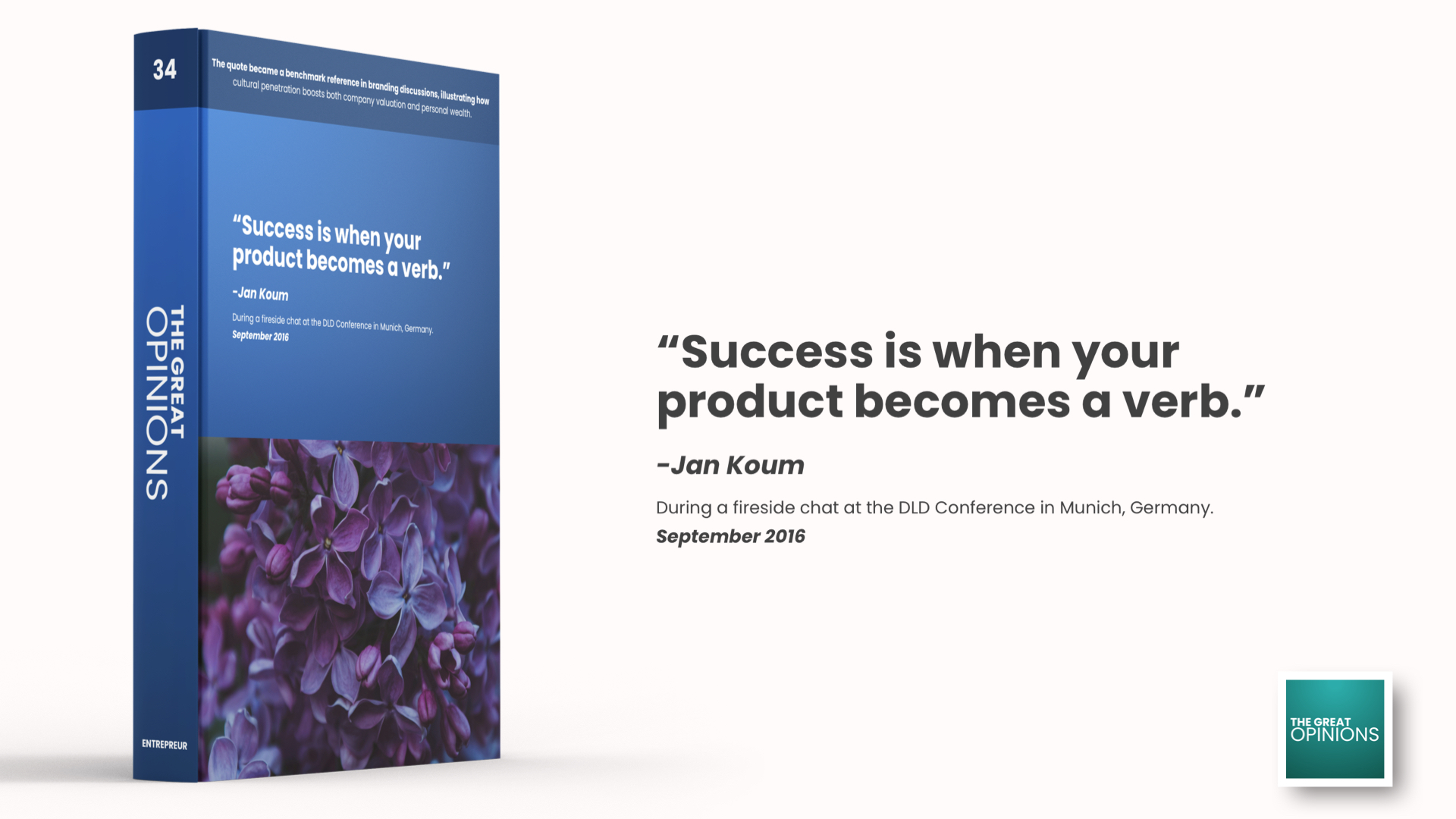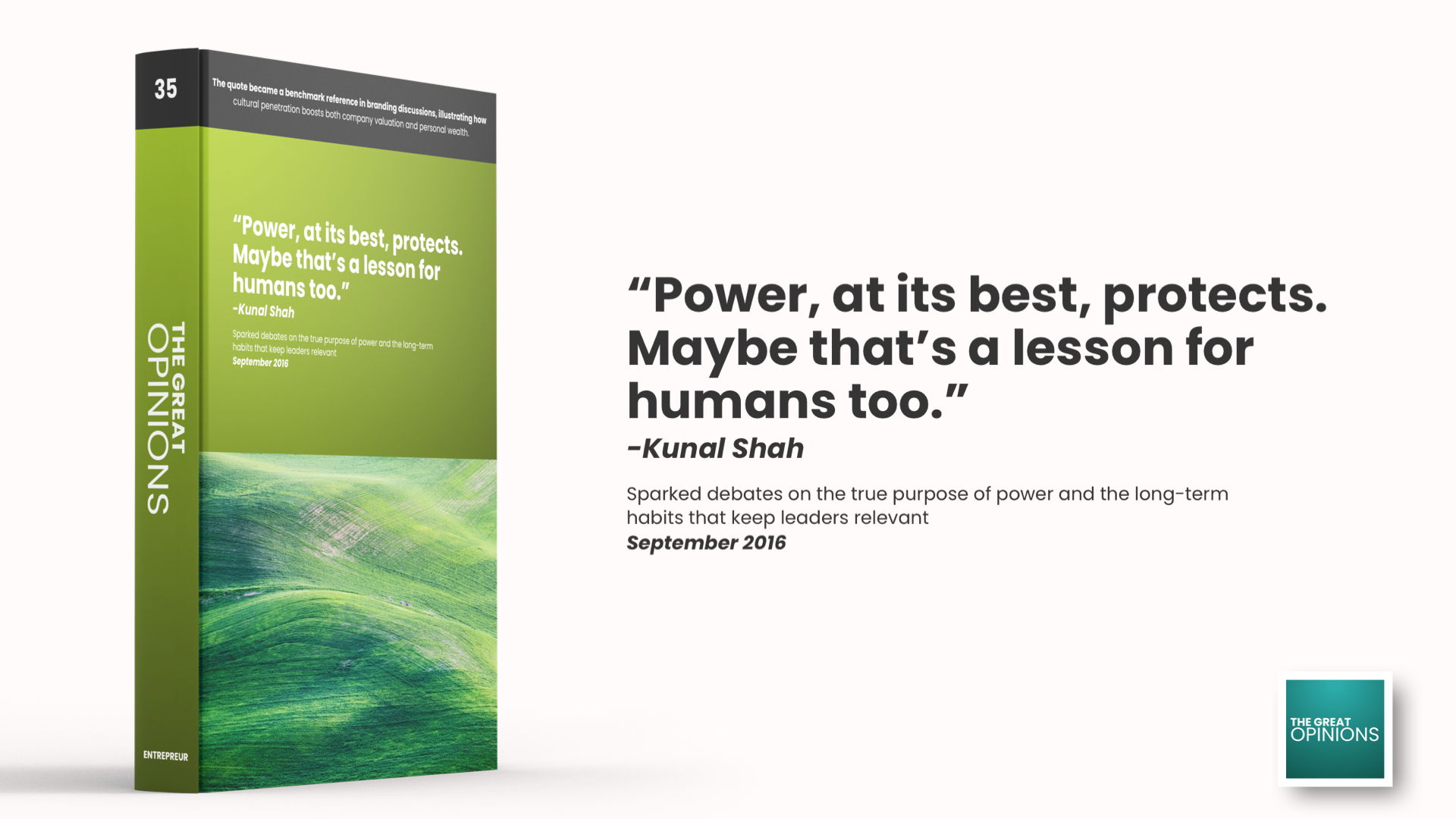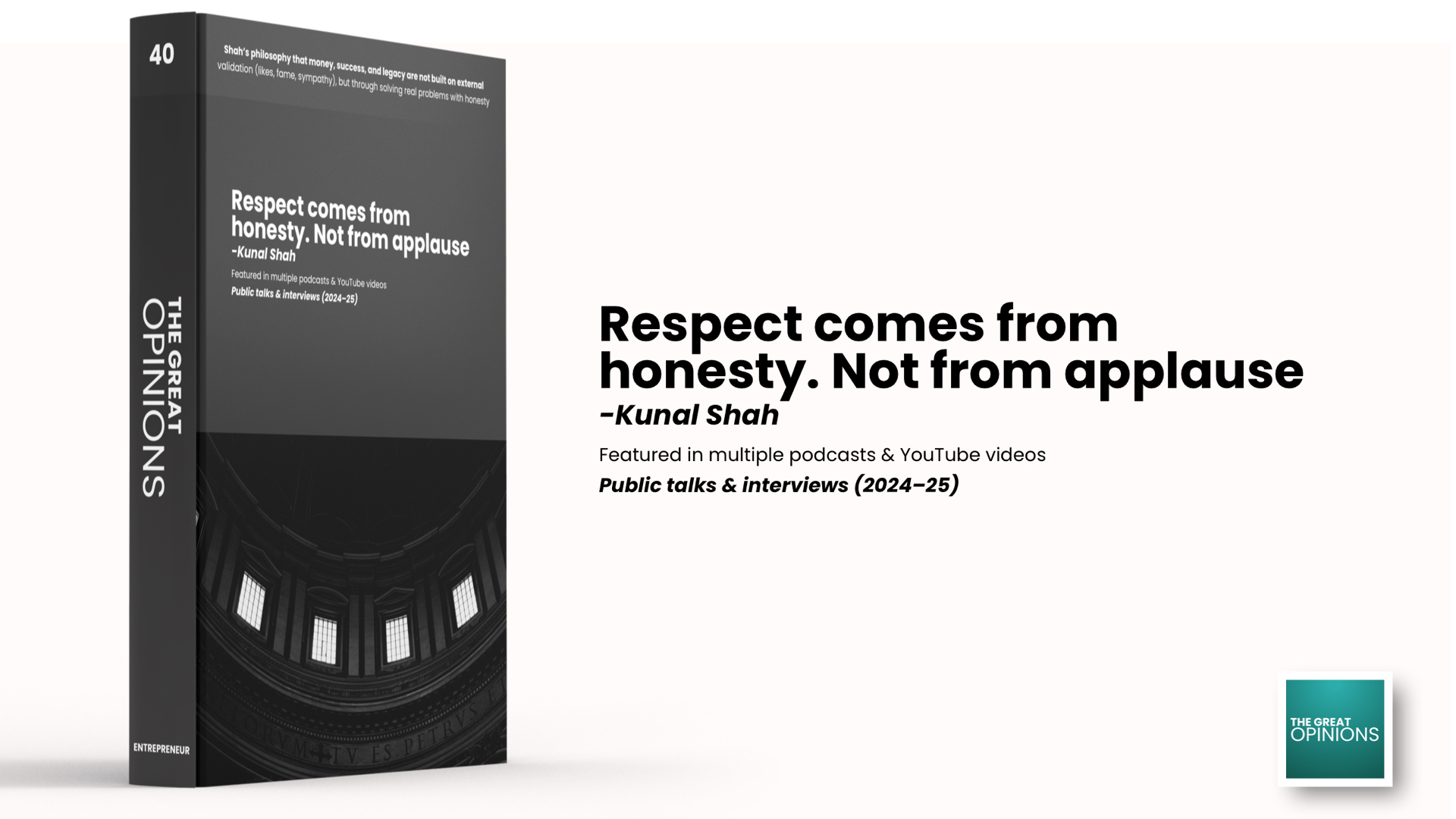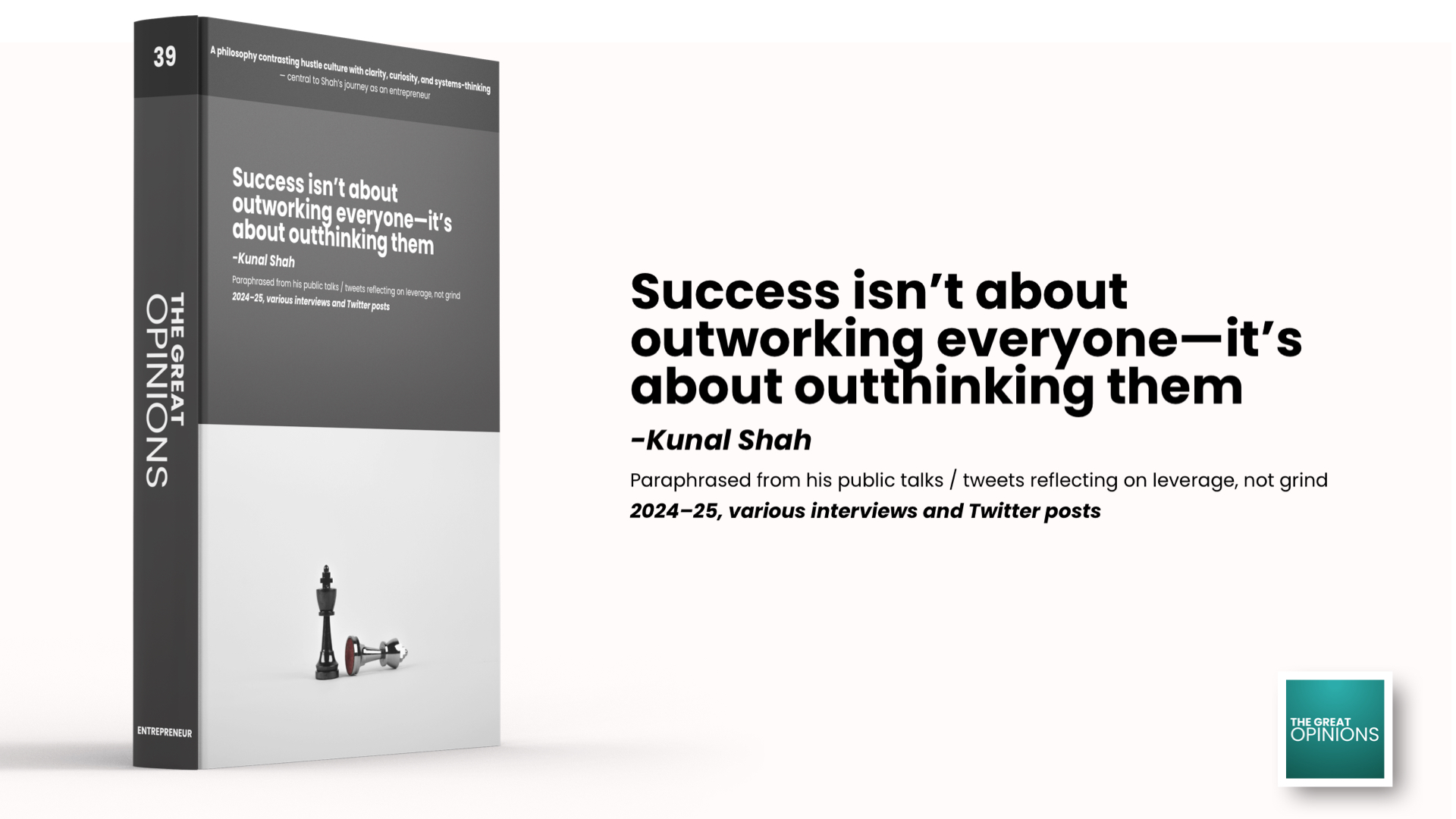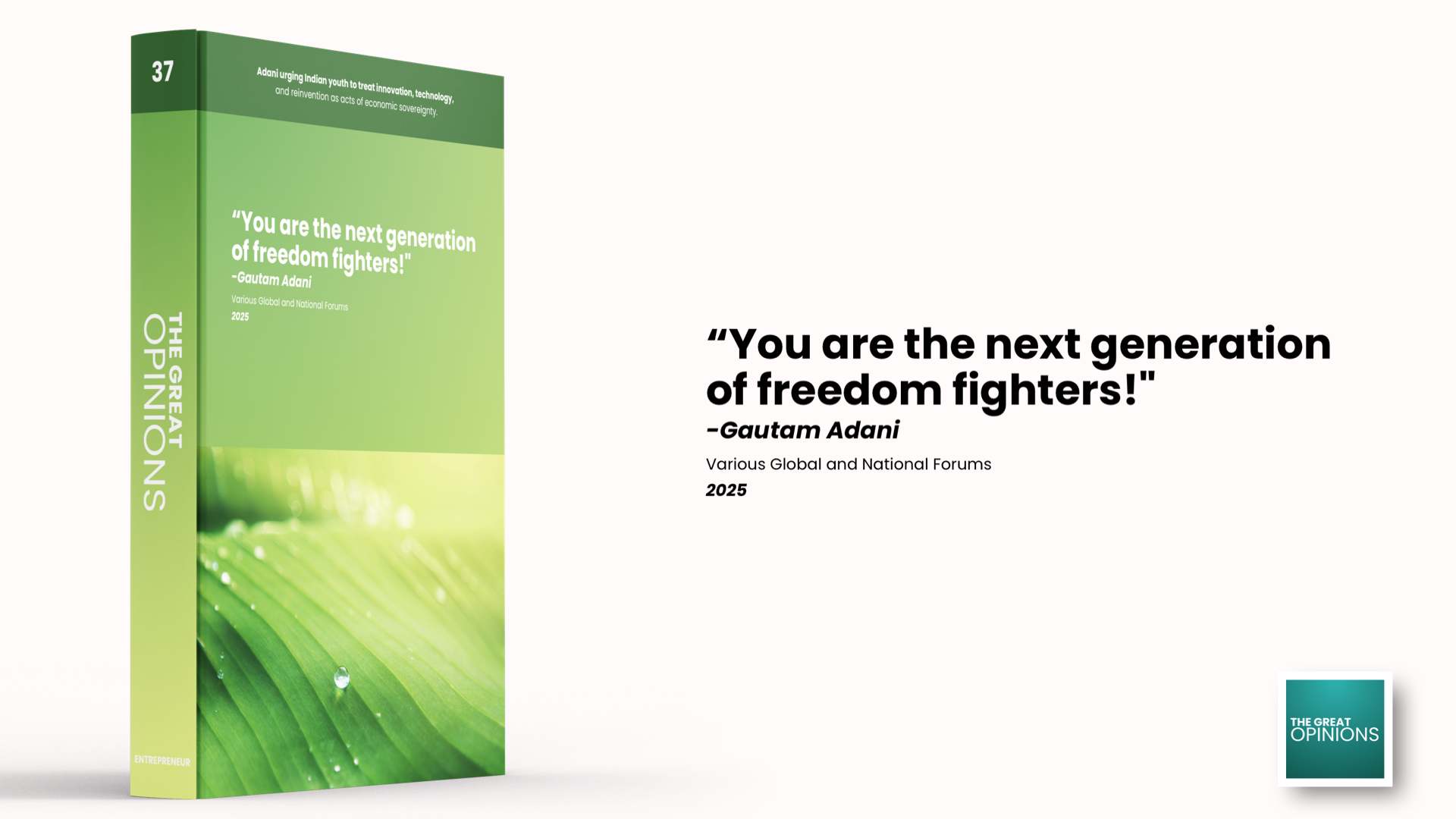The Moment WhatsApp Crossed into Culture
From a Side Project to a Billion-Dollar Brand
The auditorium at Stanford was bathed in late-afternoon light, the kind that softens the air and sharpens anticipation. Students leaned forward in their seats, pens ready, their eyes fixed on a man who had once arrived in America with almost nothing. Jan Koum — the co-founder of WhatsApp and a billionaire whose net worth now ranks among the highest in Silicon Valley — sat quietly, almost unassuming. But when the moderator asked him to define success, he didn’t rattle off numbers, valuations, or Forbes rankings.
Instead, he smiled faintly, leaned toward the mic, and said, “Success is when your product becomes a verb.”
In that moment, the room went still. Here was a man whose journey — from food stamps to a $19 billion acquisition — had rewritten the playbook of tech entrepreneurship. Yet, to him, the true reward wasn’t the fortune. It was watching WhatsApp slip into the lexicon of everyday life, from Mumbai street markets to Madrid cafés, a single phrase bridging continents: “WhatsApp me.”
This is the story of how that vision shaped not just Jan Koum net worth, but the very culture of global communication.
| Topic | Details |
| Who is Jan Koum? | Ukrainian-American billionaire, co-founder of WhatsApp, known for transforming a simple messaging app into a global communication standard. |
| Education | Attended San Jose State University, studied math and computer science, but dropped out to join Yahoo. |
| Relation to Net Worth | WhatsApp’s acquisition by Facebook for $19 billion in 2014 cemented Koum’s position among the world’s wealthiest tech entrepreneurs. |
| Famous Quote | “Success is when your product becomes a verb.” |
| Where It Was Said | During an entrepreneurship panel at Stanford University, discussing brand-building in the digital era. |
| Date of Quote | September 2016 |
| Occasion/Setting | A public Q&A session with startup founders and students, hosted by Stanford’s Graduate School of Business. |
| Witnesses | Attendees included venture capitalists, tech entrepreneurs, Stanford faculty, and students. |
| Why It Matters | The quote reflects Koum’s philosophy on building products that transcend utility and embed themselves into culture, directly influencing brand value and ultimately net worth. |
| Published By | Covered by Business Insider, TechCrunch, and The Verge after excerpts from the talk circulated online. |
| Impact | The quote became a benchmark reference in branding discussions, illustrating how cultural penetration boosts both company valuation and personal wealth. |
The April afternoon at Stanford was charged with the hum of young ambition. Students filled the auditorium, laptops open, eager to absorb wisdom from a lineup of tech founders who had turned ideas into empires. At the center sat Jan Koum — jeans, hoodie, posture relaxed, but eyes sharp.
When asked what success meant to him, he didn’t talk about valuation, exit strategies, or venture capital rounds. Instead, he leaned into the microphone and said, “Success is when your product becomes a verb.”
It wasn’t just a quip. It was a distillation of the WhatsApp journey — the transformation from an app to an action. People didn’t say, “Send me a message on WhatsApp” anymore. They simply said, “WhatsApp me.”
From the Waiting Room to the World Stage
Years earlier, Koum was just another name on the list of immigrants navigating the bureaucracy of America. He arrived from Ukraine at 16, with his mother, carrying the weight of a difficult childhood. They relied on food stamps, second-hand clothes, and the quiet resilience of those who had no choice but to adapt.
While studying at San Jose State University, Koum worked as a cleaner at a grocery store and later secured a job at Yahoo as an infrastructure engineer. His days were filled with server maintenance, his nights with tinkering on personal projects. That’s when he first crossed paths with Brian Acton — a meeting that would eventually redefine his life and Jan Koum net worth.
The Birth of an Idea
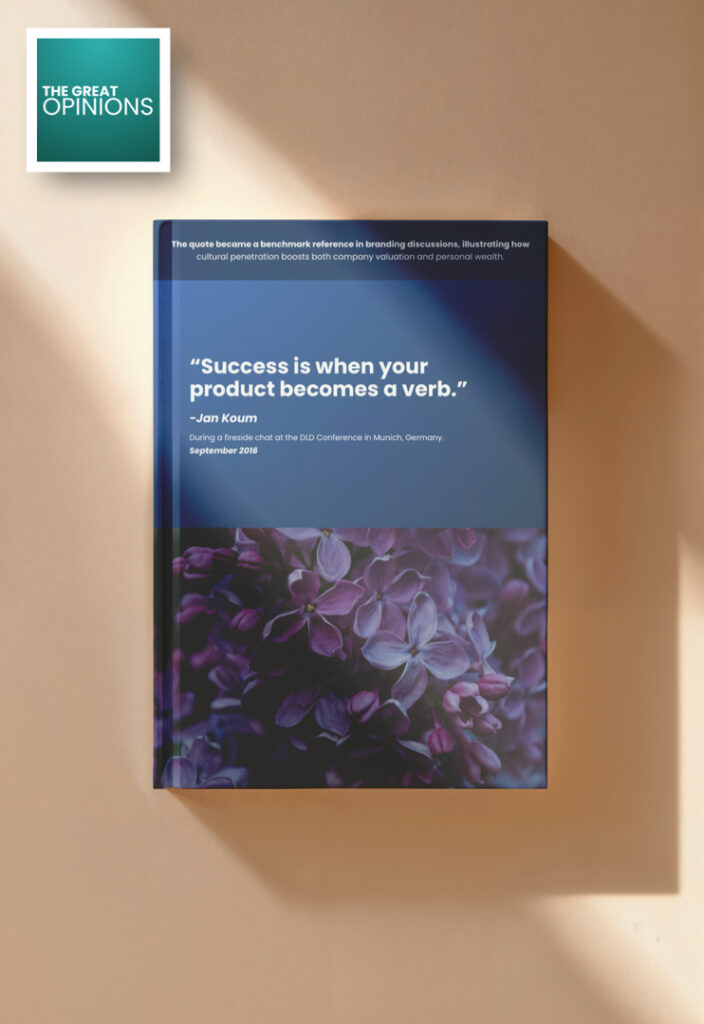
In 2009, Koum bought his first iPhone. The App Store had been live for less than a year, and the possibilities seemed endless. He noticed something — the contact lists could be integrated into apps, but no one had built a seamless, ad-free messaging tool that worked across borders.
He and Acton started building WhatsApp in Koum’s kitchen. The name was a play on “What’s up?” — a casual invitation to connect. They launched quietly, with no grand PR strategy, no massive funding rounds.
By 2011, WhatsApp had gone viral in countries like India, Brazil, and Spain — markets often overlooked by Silicon Valley at the time. It wasn’t just an app anymore. It was the way people communicated, bypassing expensive SMS charges.
Refusing to Sell Out Too Soon
As WhatsApp grew, offers from venture capitalists poured in. Koum and Acton refused most of them. They had a simple business principle: no ads, no games, no gimmicks. They wanted an uncluttered platform that respected user privacy — a philosophy that would later become central to Jan Koum net worth.
They charged a nominal $1 annual fee in some markets, a move that baffled other founders. But that $1 carried a promise — WhatsApp wouldn’t treat its users as the product.
The Day Everything Changed
In February 2014, Facebook acquired WhatsApp for $19 billion in cash and stock — one of the largest acquisitions in tech history. Overnight, Koum went from an under-the-radar founder to one of the world’s richest entrepreneurs. His Jan Koum net worth soared into the billions.
Yet, even as the headlines screamed numbers, Koum’s focus remained on functionality. He continued to advocate for privacy and simplicity, often clashing with Facebook’s ad-driven model.
Living by the Verb
The quote he shared at Stanford wasn’t just about ego or branding. It was about building something so integral to daily life that it became part of language. Like “Google” for search or “Uber” for rides, WhatsApp had crossed that cultural threshold.
Koum’s observation wasn’t hypothetical. The phrase “WhatsApp me” was used in over 60 languages, an organic testament to the product’s global integration.
Net Worth and Net Impact
Today, Jan Koum net worth is estimated at over $15 billion. He spends much of his time away from the public eye, investing in ventures quietly and donating generously to causes close to his heart — from education initiatives to wildlife conservation.
Unlike some billionaires who diversify into dozens of public-facing businesses, Koum chooses discretion. His foundation, funded largely from his WhatsApp fortune, supports programs for underprivileged communities, cybersecurity research, and immigrant welfare.
The Legacy Behind the Number
To Koum, wealth is a byproduct of creating something valuable — not the goal in itself. His Stanford quote reflects this. It’s not about the number in the bank; it’s about whether what you’ve built has become essential to people’s lives.
For him, that’s the true measure of success. And it just so happens that it also built one of the largest fortunes in Silicon Valley history.
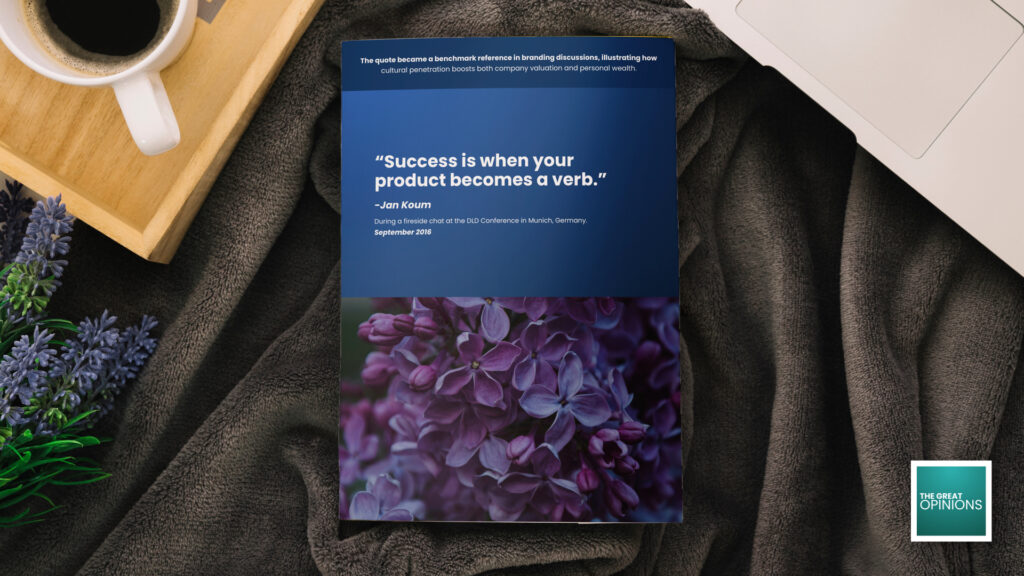
Sources:
https://time.com/8838/whats-app-ceo-jan-koum
https://forward.com/news/193103/whatsapp-founder-jan-koums-jewish-rags-to-riches-t
https://time.com/8838/whats-app-ceo-jan-koum
https://www.wired.com/story/whats-app-owner-founder-jan-koum-facebook

